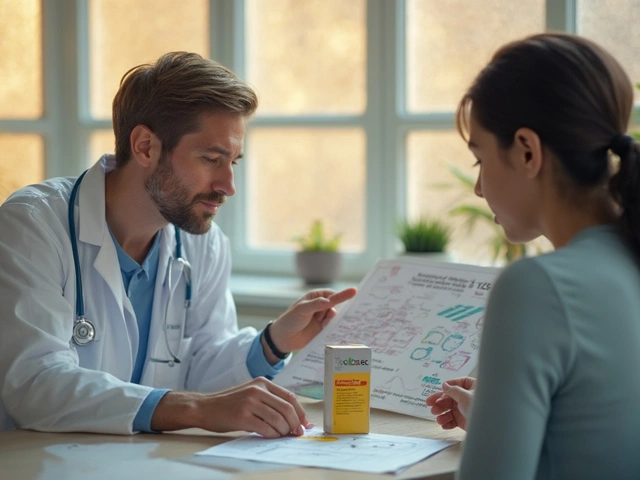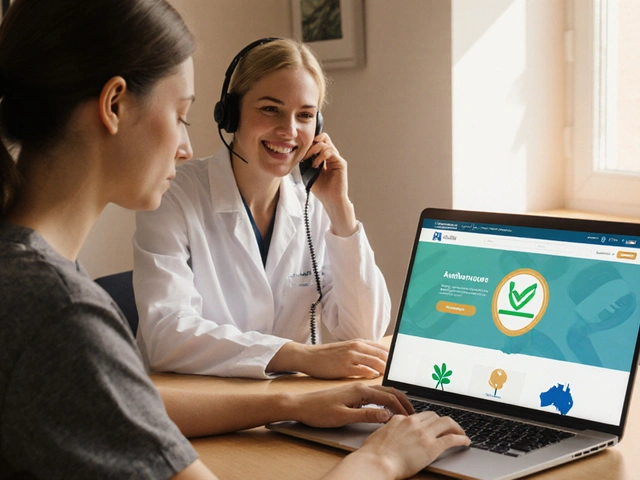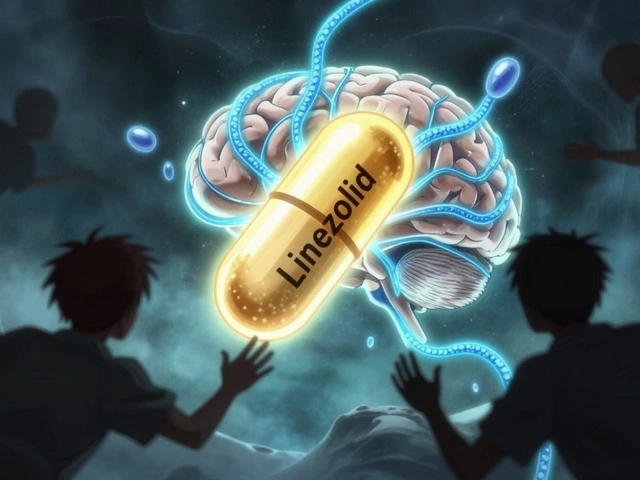Compounding pharmacies: custom meds, safety & how to choose
Need a medicine that’s not available off the shelf? Compounding pharmacies make custom versions of drugs — different strength, form, flavor or combination — when a standard product won’t work for you. This page explains what compounding does, when it helps, and how to pick a safe compounding pharmacy.
What compounding pharmacies do
Compounding pharmacists mix ingredients to create a medication tailored to a single patient. Examples: turning a tablet into a liquid for a child, removing dyes for someone allergic, combining two drugs into one capsule, or making a topical gel when an oral drug causes stomach upset. They also remake discontinued medicines when no commercial product is available.
Compounded meds can be lifesaving or simply more convenient. If your doctor prescribed a unique dose or a special form, compounding can deliver it. But compounded medicines aren’t the same as mass-produced drugs. They don’t go through the same clinical trials and approvals, so quality checks matter more.
How to choose a safe compounding pharmacy
Start by checking licensing and accreditation. A reputable compounding pharmacy should be licensed in its country and, if possible, accredited by a recognized body (look for terms like PCAB or local regulator certificates). Ask if they follow GMP-style practices and if they perform sterility and potency testing on batches.
Ask questions before you order: Who compounds the drug — a licensed pharmacist? Do they provide a certificate of analysis or lab results on request? How do they store and ship temperature-sensitive products? What is the beyond-use date and how was stability tested? If any answer sounds vague, consider a different provider.
Always require a valid prescription. Genuine compounding pharmacies create patient-specific medications based on a prescriber’s order. If a site offers custom drugs without asking for a prescription, that’s a red flag. Also check reviews, but focus on verified patient feedback rather than polished testimonials.
Watch for safety issues. Compounded sterile products (injections, eye drops) carry higher risk than non-sterile forms. Confirm sterility testing and cleanroom practices for those items. For hormone or pain compounds, be extra cautious about dosing accuracy and lab verification.
Cost and insurance: Compounded meds may not be covered by insurance. Ask about price breakdown and whether cheaper alternatives exist. Some pharmacies will work with your prescriber to find a standard product first — that can be safer and cheaper.
If you want help, contact your prescriber or a pharmacist and ask for local compounding recommendations. If you order online, verify the pharmacy’s license, read its data protection and privacy policies, and keep records of shipments and invoices in case you need to report problems.
Compounding pharmacies can solve real problems when standard drugs don’t fit. Pick a provider that proves its practices, tests its products, and requires prescriptions — that’s how you get a safe, effective custom medicine.
Prednisone Alternatives: Cheapest Generic Options, Discounts & Savings Tips
Dig into smart ways to replace prednisone without burning a hole in your wallet. Get the real info on generics, pharmacy hacks, and stacking discounts for genuine savings.
View More




